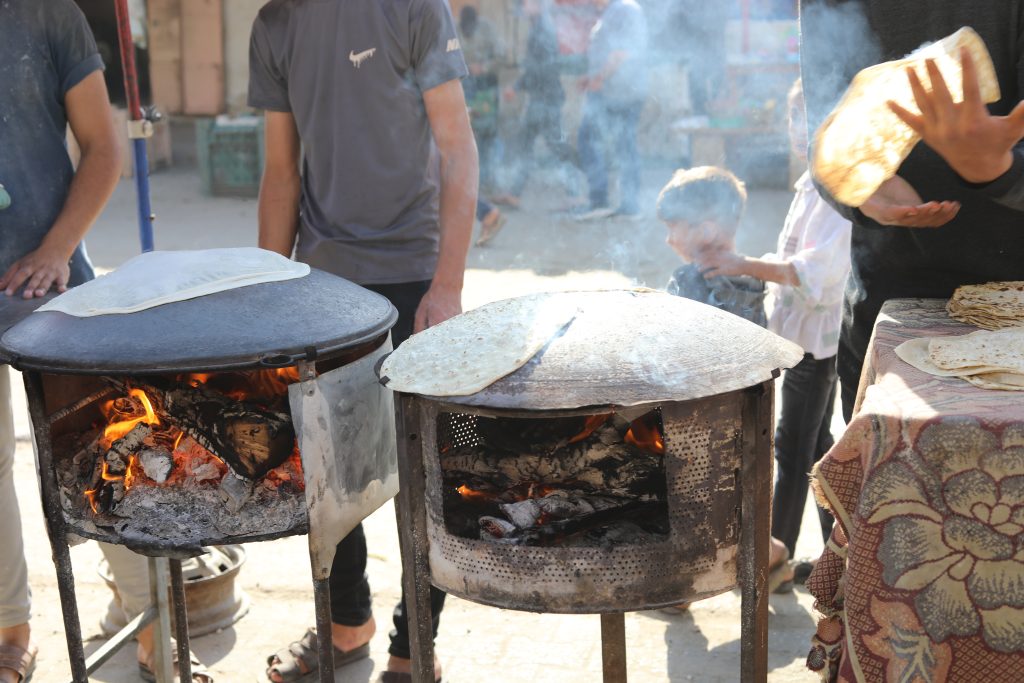Gaza, 19 June 2025 – Palestinians are perpetually on the verge of losing access to essential medical care and clean water due to deliberate actions by Israeli authorities. This policy restricts the entry of medical supplies and fuel to the bare minimum and at their whim. While this strategy creates the illusion of aid flowing into the Strip, it effectively prevents the humanitarian response from reaching even the minimum required for a population entirely reliant on assistance. The Israeli authorities must end their collective punishment of the people in Gaza and immediately allow the consistent entry of sufficient medical supplies and fuel.
Over the past week we have seen large influxes of wounded patients, many of whom have suffered traumatic injuries. At Médecins Sans Frontières’ (MSF’s) field hospital in Deir Al–Balah, central Gaza, the number of patients with gunshot wounds increased by 190 per cent compared to the week before. Clinics, such as Khan Younis clinic and Deir Al–Balah clinic, saw their highest weekly intake to date. Following three months of total blockade and despite Israel’s claims to have opened supply corridors, MSF’s supplies are running critically low due to continuing restrictions imposed on entering goods.

Along with crucial medical supplies, the dangerously low level of fuel is a big concern for people in Gaza, as it powers the desalination plants where much of the clean water comes from. Palestinians across the Strip have already seen their access to water drop significantly. Without fuel, millions of people will be trapped with no safe drinking water. Equally, fuel powers the entire healthcare system: medical equipment, air conditioning, elevators, oxygen concentrators, ventilators, and cold-chain storage for medicines and vaccines. Even ambulances will be grounded, preventing the transport of critically ill and wounded people.
Yesterday, the UN managed to retrieve 280,000 litres of fuel from the stocks, which are stuck in a no–go area in Rafah, after the Israeli authorities denied 12 previous requests. As fuel stocks got so low, the teams at Al–Helou, where MSF teams work in the maternity ward, had to temporarily shut down elevators in the hospital to ration stocks.












